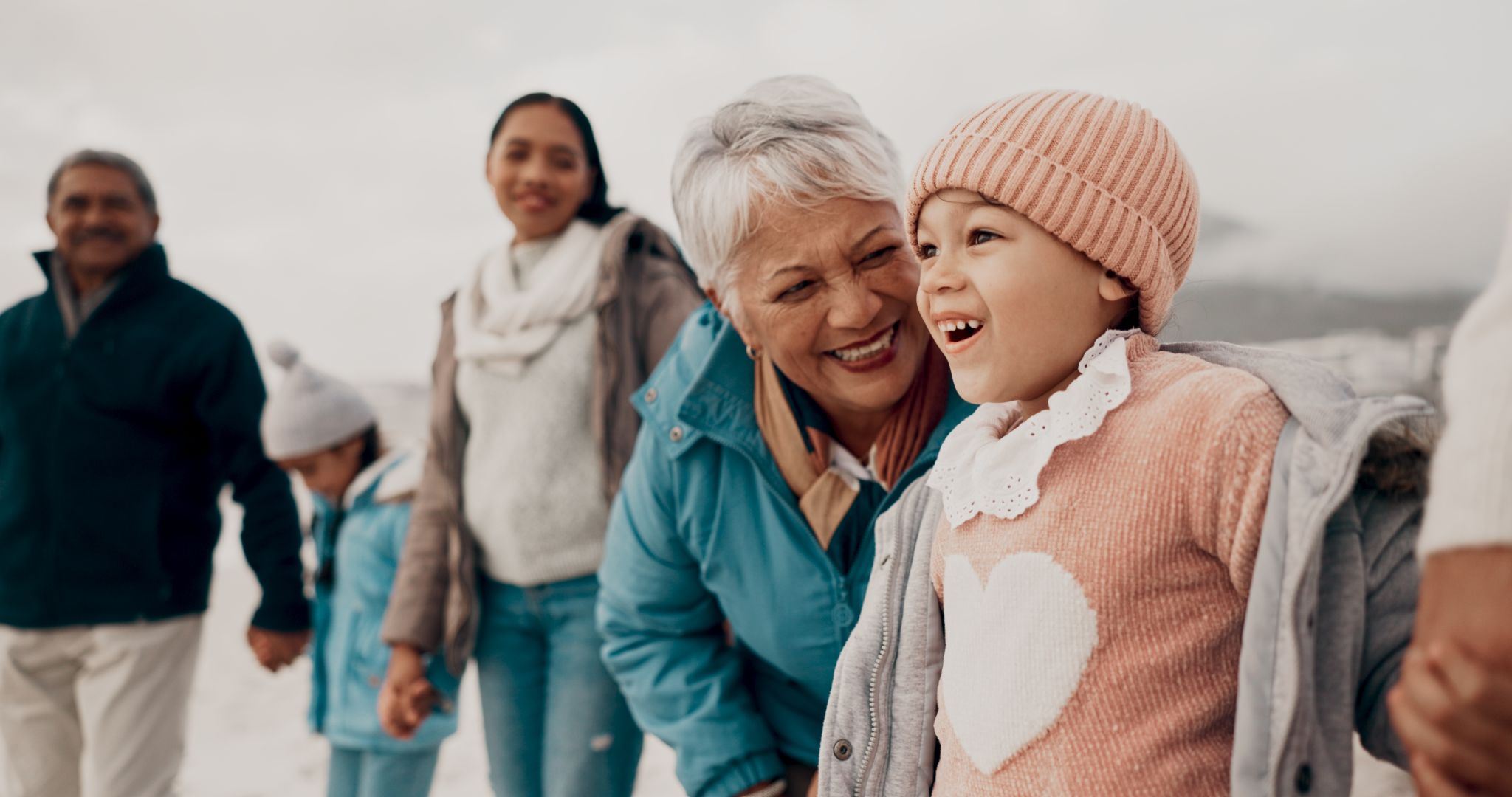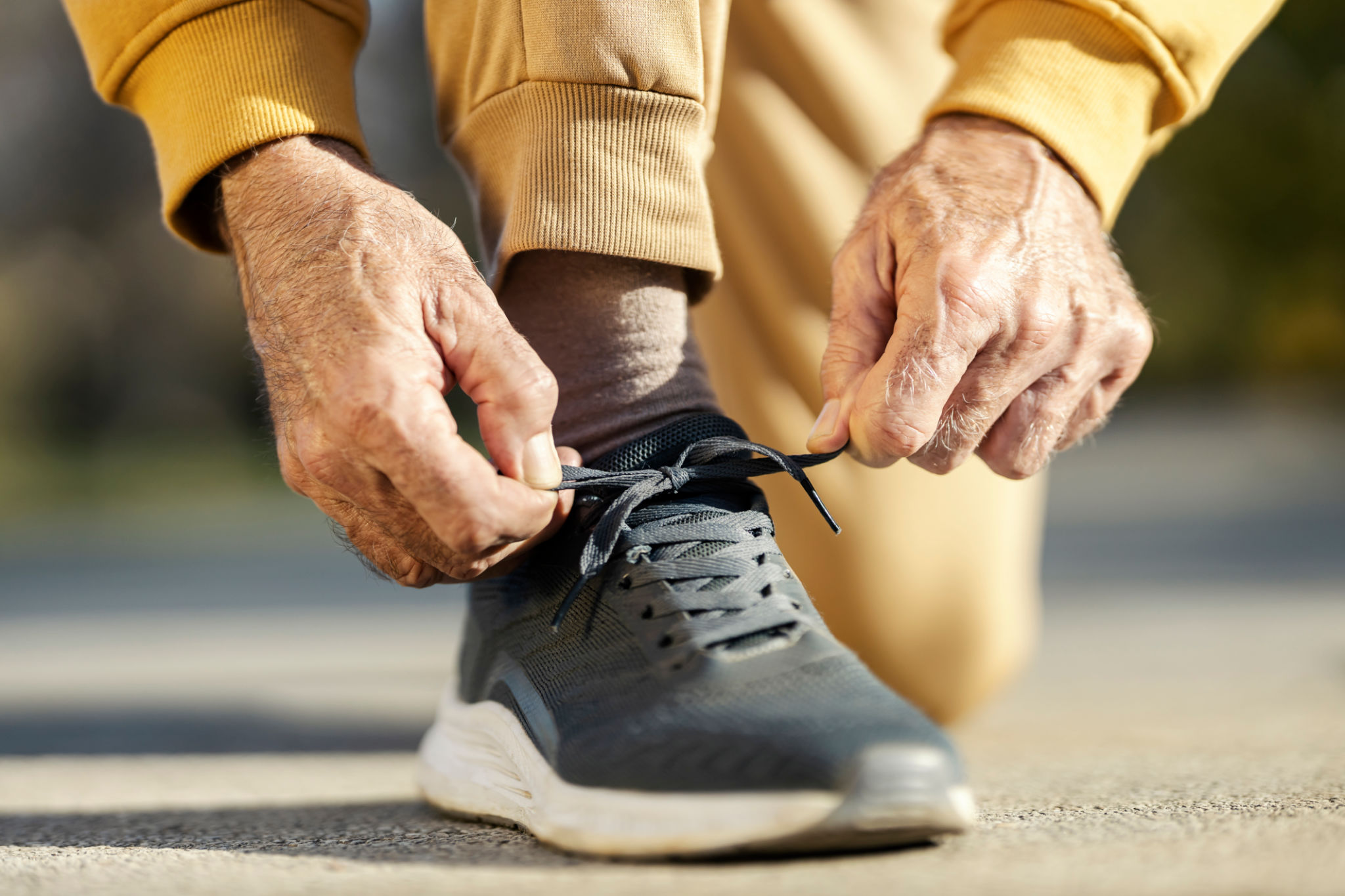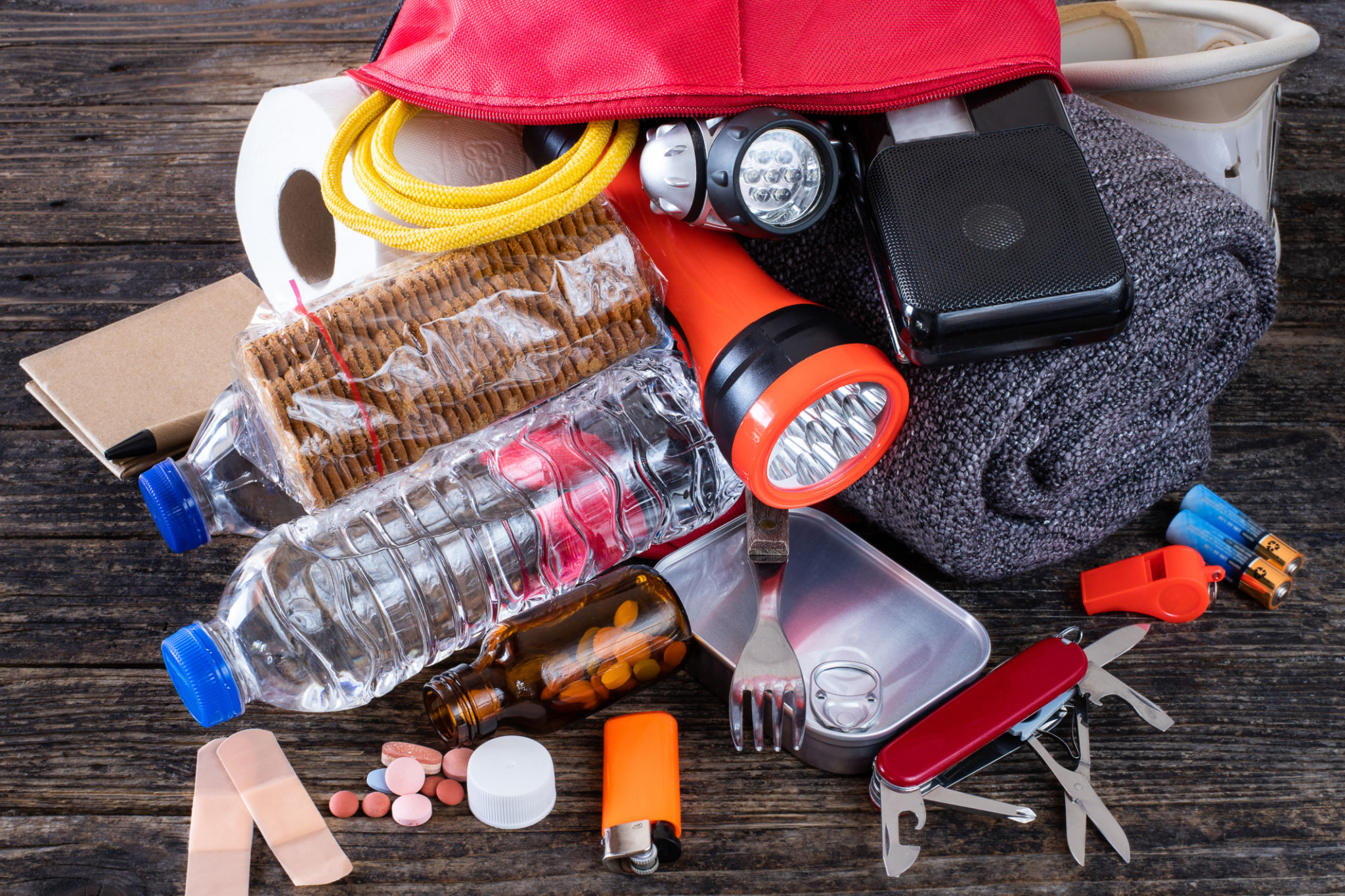Preparing for Winter: Essential Health Tips for Elderly at Home
Understanding the Risks of Winter for the Elderly
As the winter months approach, it's crucial to consider the unique health challenges that the elderly face. Cold weather can exacerbate existing health conditions and introduce new risks, such as hypothermia and seasonal depression. Preparing adequately can help mitigate these dangers and ensure a safe and comfortable winter season.

Maintaining a Warm Home Environment
Keeping the home adequately heated is a top priority. Ensure that the heating system is in good working order before the cold sets in. It's also wise to check for drafts around windows and doors, which can be sealed with weather stripping. Encourage wearing layered clothing indoors to retain body warmth.
Using a humidifier can combat the dryness that often accompanies indoor heating, helping to prevent dry skin and respiratory issues. Additionally, having a safe heat source like an electric blanket or a hot water bottle can provide extra warmth.
Nutritional Needs and Hydration
Proper nutrition is essential for maintaining good health throughout the winter. Encourage a diet rich in fruits, vegetables, and lean proteins to support the immune system. Foods containing vitamin D are particularly important during the winter months when sunlight exposure is limited.

Staying hydrated is equally critical, even if the sensation of thirst decreases in cold weather. Encourage regular fluid intake with warm beverages like herbal teas or soups, which can also provide comfort and warmth.
Physical Activity and Mental Well-being
Regular physical activity can help maintain mobility and reduce the risk of winter-related injuries such as slips and falls. Simple indoor exercises or gentle stretching routines can be beneficial for keeping active.

Mental well-being is just as important as physical health. The shorter days of winter can lead to feelings of isolation or depression. Encourage regular social interaction through phone calls, video chats, or small gatherings if safety allows.
Safeguarding Against Winter Illnesses
Cold and flu are more common in winter, so taking preventive measures like getting a flu vaccine is advisable. Encourage frequent hand washing and maintaining good hygiene practices to minimize the risk of illness.
Stock up on necessary medications to avoid last-minute trips to the pharmacy during inclement weather. Having an adequate supply of over-the-counter remedies for common winter ailments can also be beneficial.
Emergency Preparedness
Winter storms can lead to power outages or restricted access to services. Prepare an emergency kit with essentials like flashlights, batteries, bottled water, non-perishable foods, and a first-aid kit.

Make sure that smoke detectors and carbon monoxide detectors are functioning properly, as the use of heating appliances increases the risk of fire and carbon monoxide poisoning.
Conclusion
By taking proactive steps and paying attention to these essential health tips, you can help ensure that elderly loved ones remain safe and healthy throughout the winter months. A little preparation goes a long way in providing peace of mind and comfort during this chilly season.
